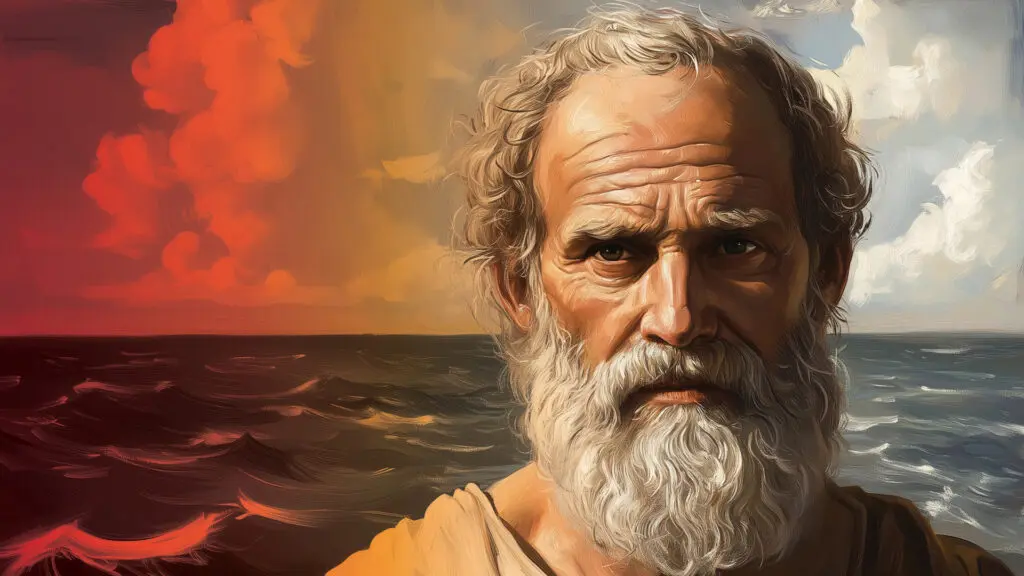Odysseus is indeed epic literature’s “man of many turns.” He is a warrior, a creative, an aesthete, a fiction-maker, a revealer, a concealer and at times a rascal. He is both favored and cursed by the gods. But above all, he is a deeply wounded soul from years of constant battle in Troy. His one desire is to return home to Ithaca to his beloved Penelope and his son Telemachos, Homer’s epic is then, the story of a wounded homecoming that heals.
In another sense, the Odyssey is a brilliant mythopoetic exploration of the power of stories and how our identities are entangled in the narratives we tell ourselves and others. A willingness to learn from the wisdom of others is prominent throughout the epic.
Homer’s epic explores as well as the conjunction of the masculine and feminine energies that together create in the soul a “sweet agreement” between these fundamental elements in human life. It extends outward to embrace the entire community of Ithaca in the act of oath-taking to achieve a balanced accord and healing throughout the polis.
Prior knowledge of The Odyssey is not required, only a willingness to explore. Join us in learning the deep significance of the soul’s journey from fragmentation to wholeness against the backdrop of Homer’s enduring epic.
Required Reading
Dennis Patrick Slattery, From War to Wonder: Recovering Your Personal Myth Through Homer’s Odyssey (Mandorla Books, 2019).
Suggested Reading
Albert Cook’s translation of the Odyssey is cited throughout my book. The Odyssey. A Verse Translation. W.W. Norton, 1993.



